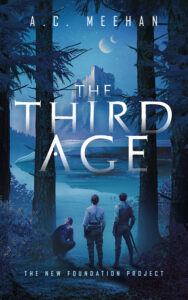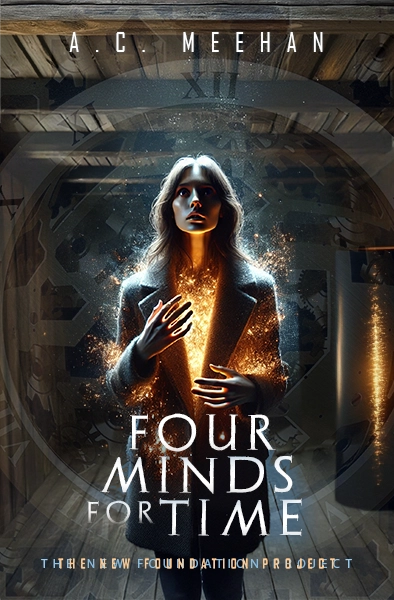I just started reading Maphead, by Ken Jennings, and I am already sure I’m going to love it. It’s the kind of book I’m inclined to like—but I am only a few pages in and already hooked. How?
Writing instructors often stress the importance of the first sentence, and I have occasionally started writing a story because an irresistible opening sentence revealed itself. Obviously, that sentence matters for getting a reader to take the next step and follow you into the story. Is it, though, a good predictor for the rest of the book? Can you read the first sentence and know that you will love the book?
I decided to look at the first sentences of a few books I’ve read recently to see if the first sentence and my final impressions of the book are connected. My sample included:
- A classic (Frankenstein by Mary Wollstonecraft Shelley)
- A 1946 English murder mystery (The Moving Toyshop by Edmund Crispin)
- A novel that is a blend of historical fiction and legend (The Singing Sword by Jack Whyte)
- A science fiction novel (Conspirator, by C.J. Cherryh)
- A memoir/personal story (Proof of Heavenby Eben Alexander III, MD)
What I discovered is that the few words before the sentence—the title or subtitle of the chapter, date, or other stage-setting details—provided much more useful contextual information for the reader than the opening sentence. The first sentence itself seems most useful as an indicator of the writing style, at least in my small sample of books.
The paragraph or two after that opening sentence were what really mattered, I think because it confirmed (or disproved) my initial impression.
This will be something I watch more intently as I read. The advice to have a strong first line is necessary but not sufficient—and I think it short-changes the importance of the writer’s ability to use other techniques to quickly build scene and momentum.




